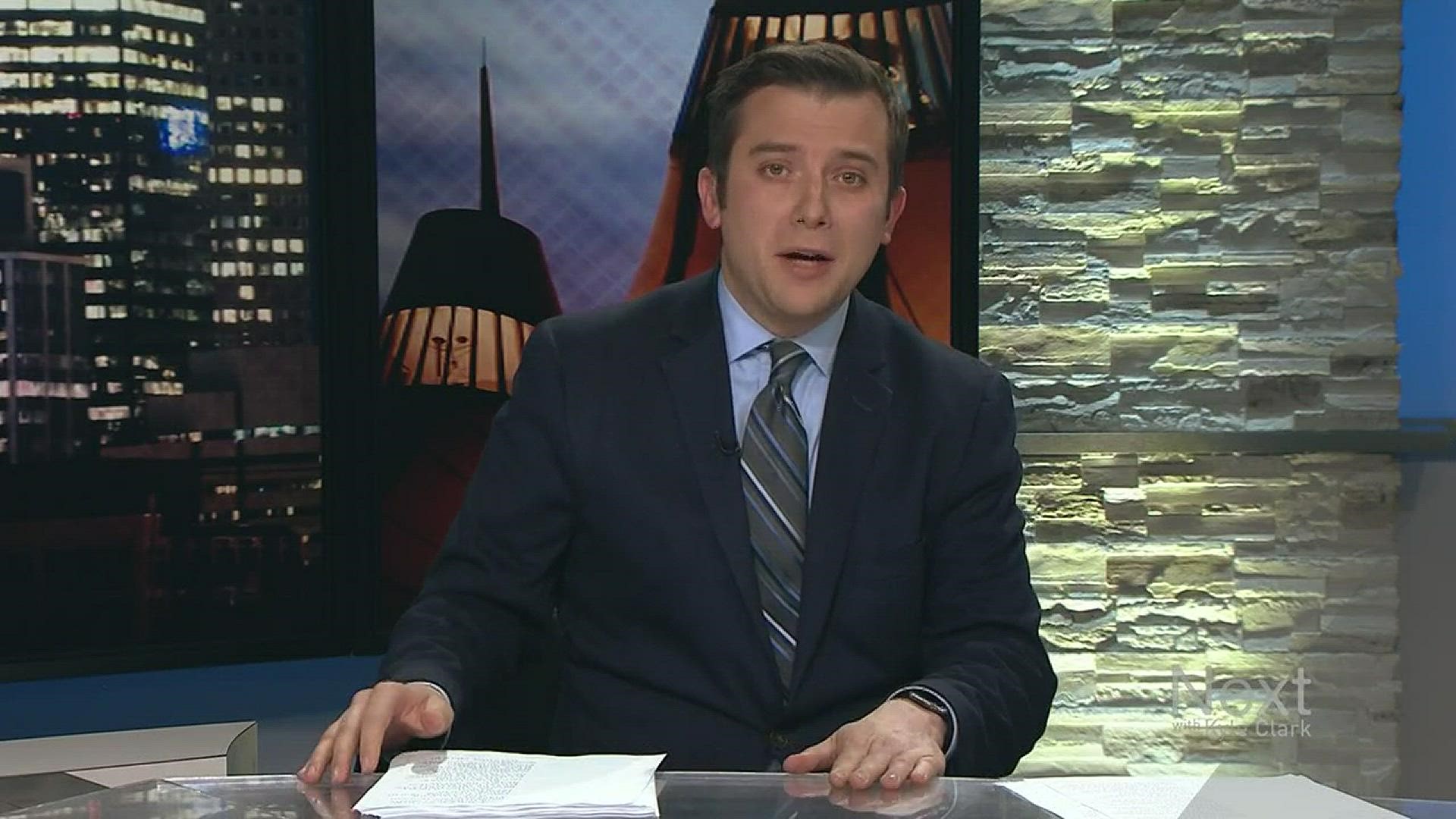The debate around the Denver City Council's push for a safe injection site is just one part of a much larger conversation happening in Colorado about how to address the opioid epidemic.
In November, city council passed an ordinance to open one pilot location where people can use drugs, like heroin and meth, with trained staff nearby to help if someone overdoses.
Supporters said it will save lives and keep drug use out of public areas. Opponents said it will attract crime and encourage drug use. There are still several hurdles to cross, including getting the state to give the pilot project a green light and the Colorado U.S. Attorney saying the site would be illegal under federal law.
The opioid epidemic is a complicated issue, that's being addressed at a local, state and national level.
Across the country, 87 percent of non-medical opioid addiction, misuse and overdose start with left over pills, according to Dr. Rob Valuck, a drug addiction expert with the Colorado Consortium for Prescription Drug Abuse Prevention. He said 70 percent of addiction starts with someone using another person's left-over pills, and 17 percent start with people getting addicted to their own left-over medication.
Some doctors have taken ownership saying they are a part of the problem.
Dr. Don Stader, an emergency physician at Swedish Medical Center, previously 9NEWS: "In the opioid epidemic, doctors have played a significant role in creating it. Our prescription practices were far too liberal."
Stader said some doctors are working to shift their culture to prescribe fewer pills. Valuck said there is also a pilot program in several hospitals to help connect people from the emergency room to continued treatment and medical services.
Colorado law that went into effect in May now limits how many opioids a new patient can be prescribed. It would limit a prescription to a max of seven days worth of pills for a person who hasn't been prescribed opioids in the last 12 months.
Doctors can sign off on a refill for one more week for acute pain, but they'd have to check a state database tracking opioid prescription sales. Exceptions to the rules include people determined to have chronic pain, people diagnosed with cancer and those in hospice.
Experts said the problem is so big, even with all the work currently going on, it's like trying to catch up with a speeding train that has a huge head start.
Getting to treatment has been an on-going obstacle, particularly in rural Colorado. Valuck said some people drive as far as from Steamboat or Grand Junction to get help. The Colorado Department of Human Services, Office of Behavioral Health received a $29.7 million federal grant from the Substance Abuse and Mental Health Services Administration in August. Close to $5 million will go towards six mobile clinics to help with treatment access in rural Colorado.
It will also continue to help funding an anti-stigma campaign encouraging people to get treatment.
What people can access is Naloxone, an opioid antidote that can reverse an overdose.
Not only do paramedics and firefighters use it, but 173 law enforcement agencies have officers now carrying the nasal spray in Colorado. The Attorney General's office said that's up from 23 agencies in 2016 and a majority were able to use Narcan kits their office bought.
Narcan is a nasal spray form of Naloxone.
Annie Skinner, a spokeswoman with the Attorney General's office, said they started to lead the Colorado Naloxone for Life Initiative in 2016, along with the Colorado Consortium for Prescription Drug Abuse Prevention in 2016. Since then, Skinner said in an e-mail that the Attorney General’s office spent $431,250 to buy 5,650 Narcan kits.
People can also get A Narcan kit at a local pharmacy like Walgreens and CVS without a prescription.
Valuck said most insurance and Medicaid cover it.
The Attorney General's office also mentioned the OpiRescue app that people can download on their phone. It has information on recognizing an overdose, reporting a reversal, finding treatment and Naloxone.
Click/tap here to find a pharmacy or law enforcement agency nearby where you can safely get rid of the leftover pills.

